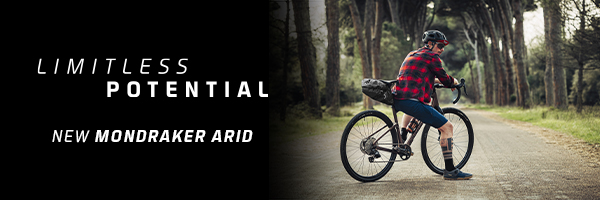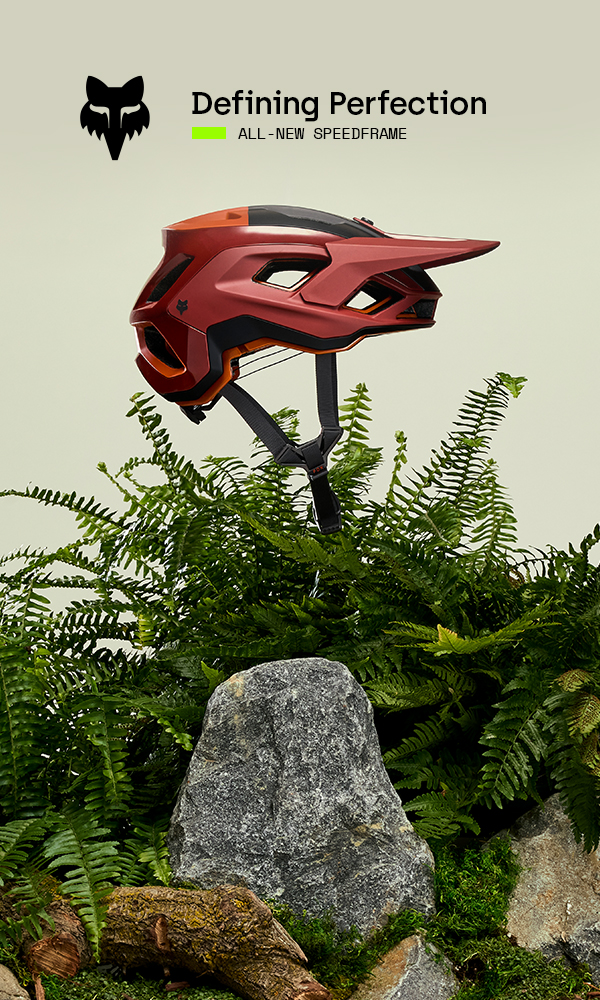At this year’s Pridecat alley cat race in San Francisco, photojournalist Erik Mathy talked to 6 members of the nonbinary and transgender community about what it’s like to be the targets of state, federal, and sporting legislation whose aim is to make them something other than human. Because, no matter what those in power would have you believe, nonbinary and transgender athletes are no different than anyone else: They just want to ride their bikes, live full lives, and be treated equally in the eyes of the law.

For nearly two decades, there has been a global backslide in democratic societies. For the first time in 20 years, the world has fewer democracies than autocracies. Additionally, political and civil rights have deteriorated in 60 countries while improving in only 34. In order to make this happen a typical playbook for autocrats who reduce the freedoms of their citizens is to use small, powerless groups as scapegoats. Hitler used Jews, “gypsies” and the LGBTQ population as his. Mao railed against, and executed, “intellectuals”. In modern Russia, Putin, like Hitler, also uses the LGBTQIA+ community as one of his reasons to limit civil rights.
Here in America, scapegoating small, vulnerable groups is a time-honored tradition. Native Americans, of course, from the founding of the country onwards. And immigrants? Always. Benjamin Franklin famously hated German immigrants. Every successive group of immigrants since has been demonized: Irish. Italians. Chinese. Japanese. Greeks. Latinos. Every one of them had societal pushbacks, like the origin of the phrase “Paddy Wagon”, and/or a variety of legislation aimed at limiting their ability to seek citizenship.


Recently, the groups that have been used as levers to reduce civil liberties have been non-white immigrants and members of the transgender community. As of June, 2025 lawmakers in 49 U.S. states have introduced 942 bills aimed at negatively impacting healthcare, education and legal recognition based on gender identity. At the Federal level, two years ago there were no bills targeting gender identity. In 2024 alone 88 were introduced in Congress. In the first half of 2025 another 67 were introduced. These are largely seen as gateway laws to enable further restriction of LGBTQIA+ civil rights.
In the world of cycling, in July of 2023 the Union Cycliste Internationale (UCI), cycling’s world governing body, banned transgender women from cycling in women’s races with many national cycling organizations following suit. Independent cycling events, such as The Belgian Waffle Ride series, have also followed the UCI’s lead. USA Cycling and, recently, Lifetime Fitness (the owners of Unbound Gravel) have moved towards an arbitrarily enforced, testosterone based transgender women’s regulation that is only loosely based in science. All of this under the guise of “protecting women’s cycling” while, with some rare exceptions, steadfastly refusing to invest in equal pay, media coverage or the creation of grassroots programs to get more women into the sport.


One of the things that struck me during all of this was the particularly dehumanizing language used in regards to the trans and gender-expansive people themselves. In the laws, press releases, and social commentary, there is a universal disregard for the humanity of the individuals being affected. This is by design. There is a certain immoral genius in turning the existence of a tiny, less than1% of the population, group into the boogeyman: Very few people know someone who is transgender, so they are easy to stereotype. The transgender community itself, being so small, has to rely on other groups to help defend their ability to simply legally exist. Attacking the transgender community, therefore, creates an outsized effect in return for very little effort.
The “We’ve Always Been Here” portrait and interview project is very much focused on the humanity of nonbinary and transgendered cyclists. As a cis male, I can’t even begin to know how it feels to be marginalized and dehumanized the way they are. But I can ask, I can learn, and, hopefully, I can help others learn as well. This group of images was mostly made at the 2025 edition of Pridecat. An annual San Francisco based alleycat race, Pridecat is the brainchild of Alana Mari. In its 5th edition on June 22nd, 106 racers showed up and fundraised nearly $4000 for the LGBT Asylum Project and Oasis Legal Services. This set of “We’ve Always Been Here” portraits were made either at the race itself or earlier with other nonbinary/transgender Bay Area community members.


If the goal of various organizations is to dehumanize trans and gender-expansive people, my goal is the opposite: To show them as they are. Human beings. Because that’s what we all are, in the end. And if history has shown us anything, it’s that autocrats and dictators never stop with one group of people. They always move on to the next until nobody has any rights. If the transgender and immigrant communities are first, there is a 100% chance that you’ll be next.


Photographer’s Footnote: I’ve been working on the “We’ve Always Been Here” series for over two years. The first pair of images were taken at SSCX Worlds in Santa Cruz, CA in 2023. At that point in time, UCI had banned transgender women from competition while simultaneously avoiding any genuine efforts to treat women athletes equally. Something that has not, over time, gotten any better. The scapegoating of one tiny group in order to paper over the lack of equality for another made me pretty angry back then. It still does. And over time, that tactic hasn’t gone away. In fact, we are seeing it play out, in real time, here in America with our Federal government.
It’s in that dehumanization that “We’ve Always Been Here” was born. The goal, the job, of a photojournalist is to humanize people. That was pounded into my head by one of my photojournalism professors, Gunther Cartwright, and I’ll never forget the lesson. When I see those in power doing the opposite, Gunther’s voice rings out in my head and I want to reach for my cameras.
From a technical standpoint, the film portraits in the “We’ve Always Been Here” project are made with a color separation camera. It takes multiple simultaneous black and white film images that are filtered through red, green, and blue. These can then be recombined to make a full colored image. I am using it to make bichromes, which are photographs containing only red and blue colors. I came across the process through my buddy Kelly-Shane Fuller. Unfortunately, two of the film portraits didn’t come out, so I had to use a digital process with backup images from my Fuji GFX50R.

Li King, They/Them: “It makes me feel angry. It’s really unjust, and I feel like most people that are legislating against trans people have never actually met a trans person. Or trans people are this vague idea in their head and not actual people that have real feelings and real lives. And by doing these legislations and bike competition rules, they are actively affecting our lives and our ability to do what we love.”

James Weinstock, They/Any: “It deeply saddens me. It really saddens me, especially for trans women. I think it’s easier as a trans masculine person because the legislation is really directed towards trans women. So I feel deep sorrow and sympathy and solidarity, especially with trans women. I also feel sadness, because it doesn’t make any sense to me. It doesn’t seem backed in science at all.“

Eli Novell, He/They: “I’m newer to cycling. I just started probably like this year, and it’s been really fun, but I feel like I started late just because it was not something that I saw myself doing in general. I grew up pretty working class. I’m Mexican. It just wasn’t part of my world. And so adding my trans identity on top of it, I just never saw myself in these spaces. In this community, you just find ways to make things work on your own and with your people. You can never really rely on these big organizations to be there for you because they’re just not, and historically never have been.”

Natalia Cortés, They/Them: “I think it’s just another way to hold us back. I think we’ve lived in a society that has believed that people who are not men are lesser than. Men have made up all these rules to keep us lesser than, but I think we’re more than capable. I think they’re afraid of us. They’re afraid of what we’re capable of. And that’s why they’re passing all these laws. I imagine a world where we’re all equal and that we are all seen as capable and no one is more or less than anyone else. With all this legislation and racing in general, I have a really hard time seeing it not being rooted in ableism, racism, classism, and these organizations bowing down to homophobia and transphobia. It just adds to the cowardice that I believe they have. Instead of being brave and trying to imagine a better world where we’re all equal, they’re just perpetuating inequality and discrimination.”

Ziggy, They/Them: “It makes me feel very sad. I think about all the people that it’s affecting, and all the people that are just trying to live their lives that are being prevented from being able to do normal human stuff. Especially for the young people who are having to deal with this as they’re still trying to figure out a lot of stuff about their identity. That’s going to be traumatizing for them. It’s tragic.”




























































































